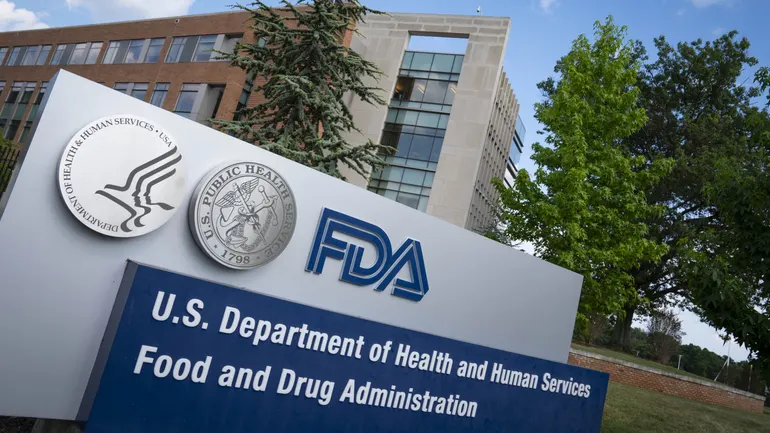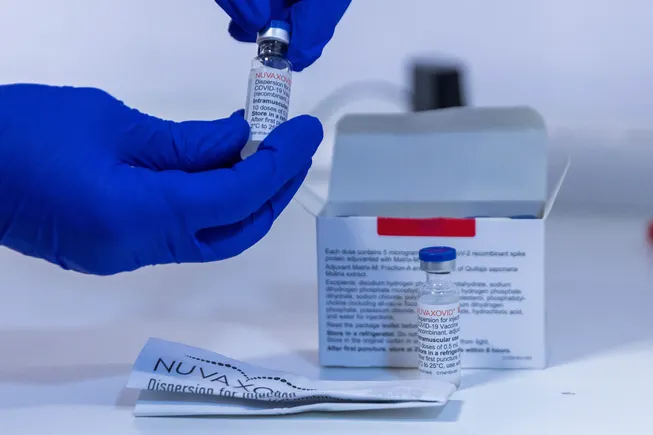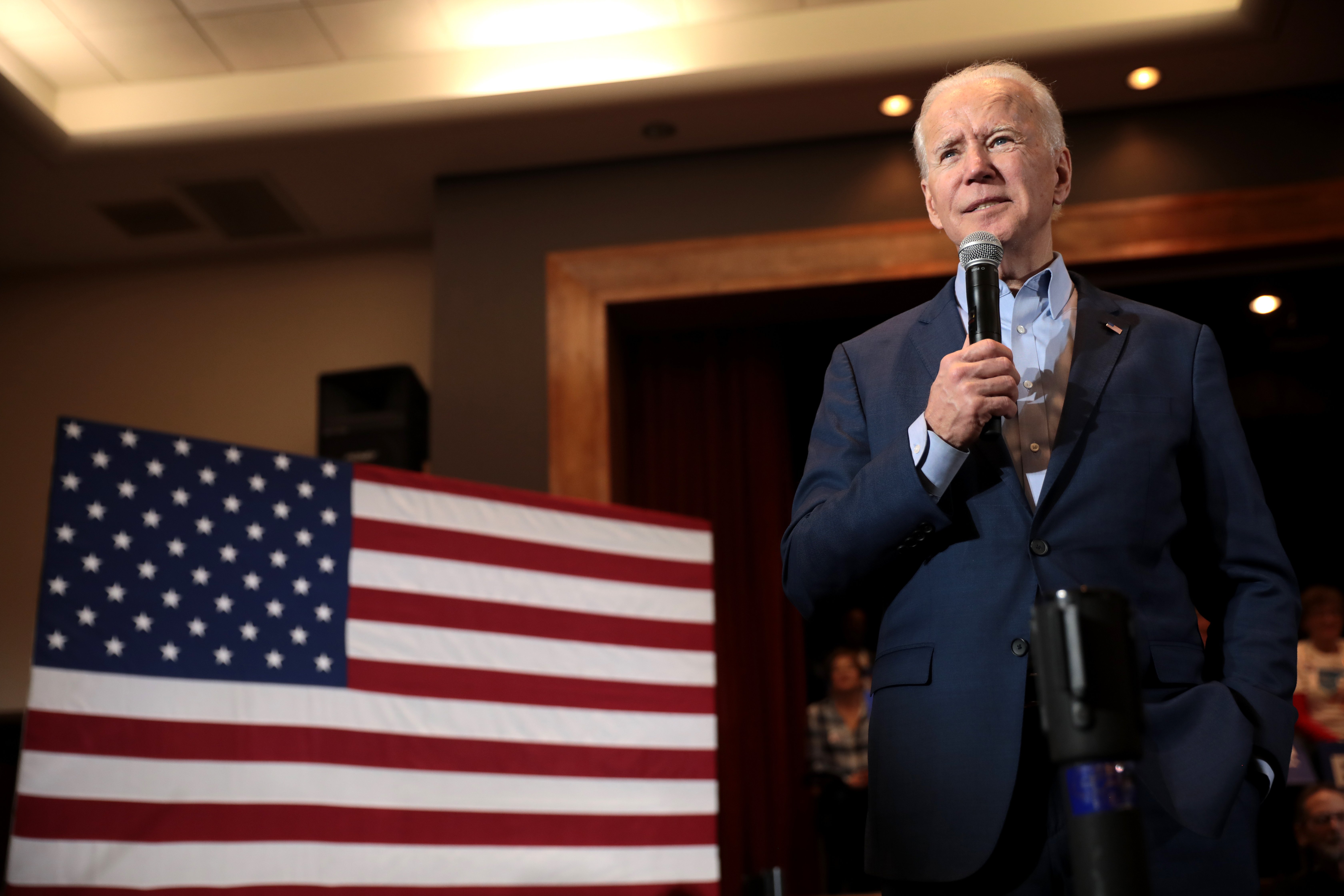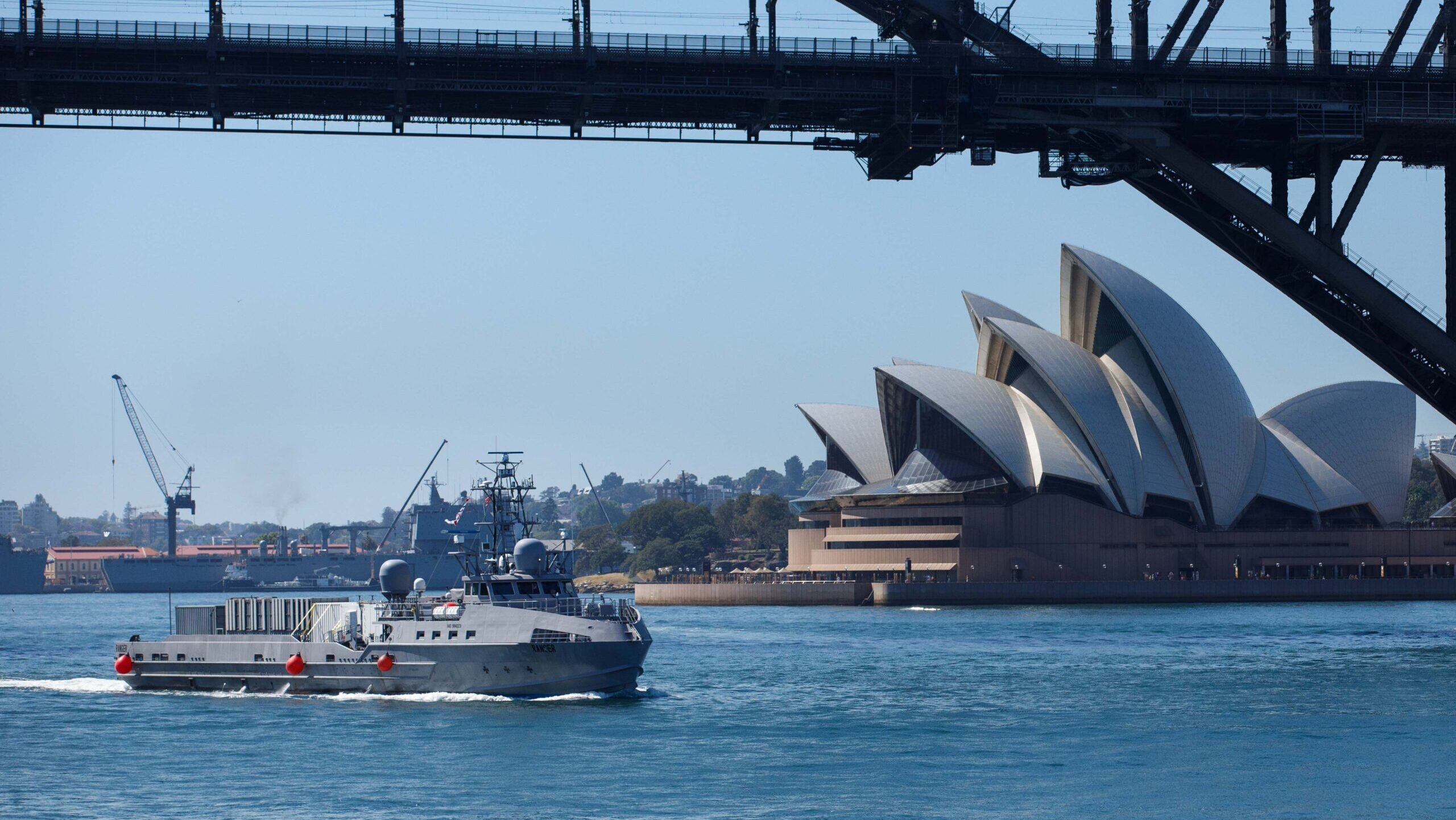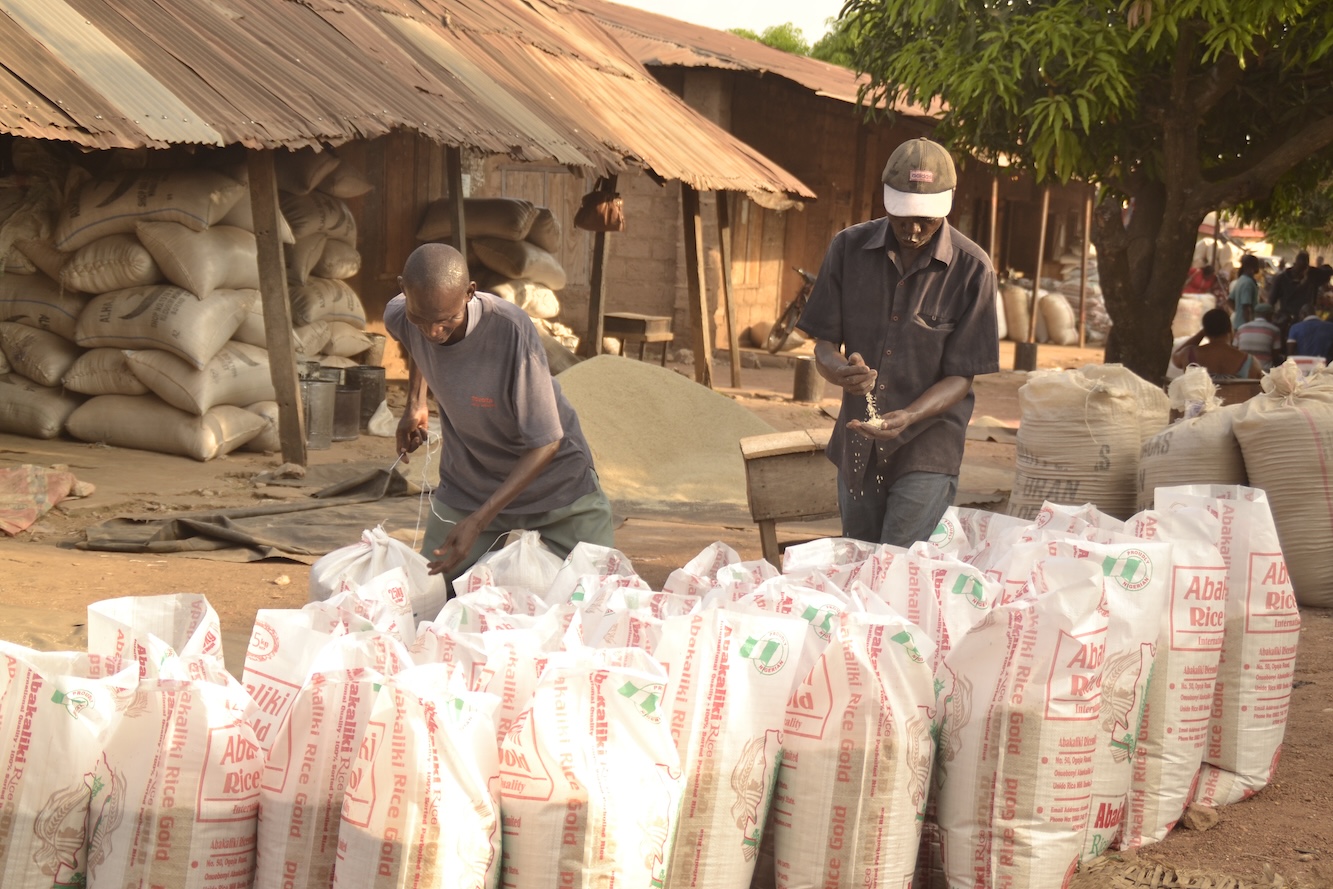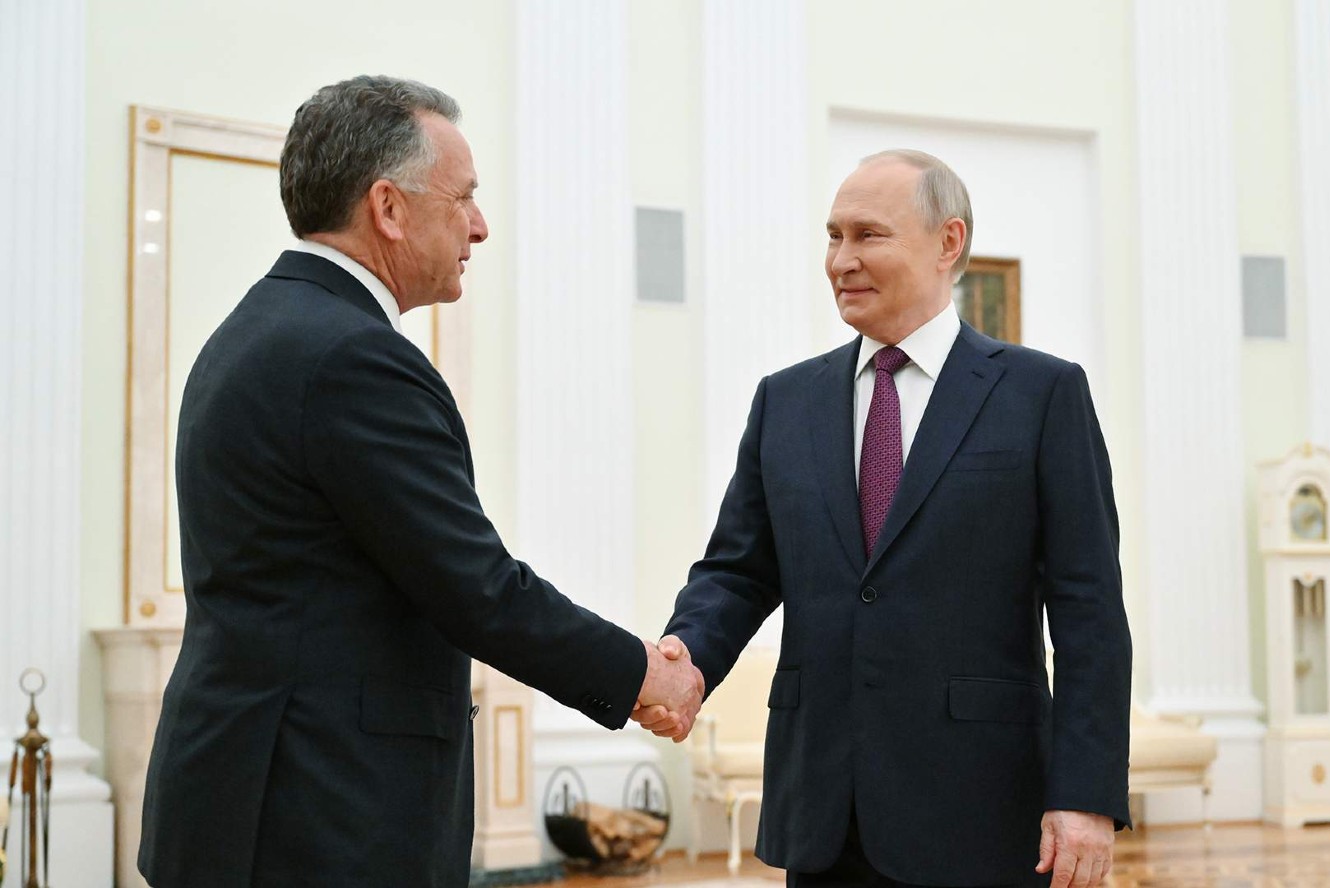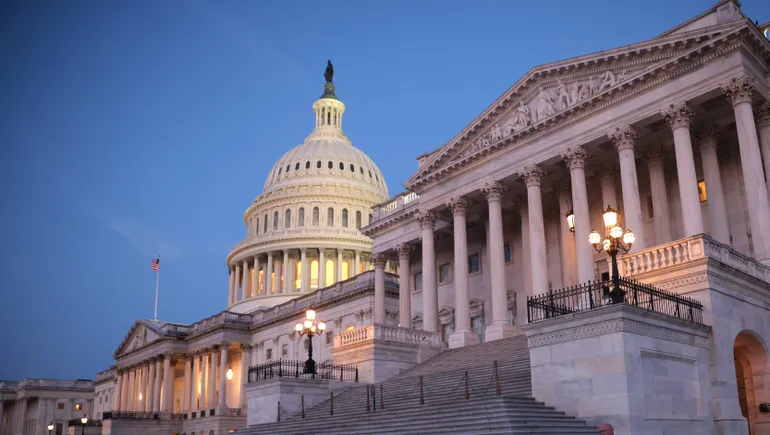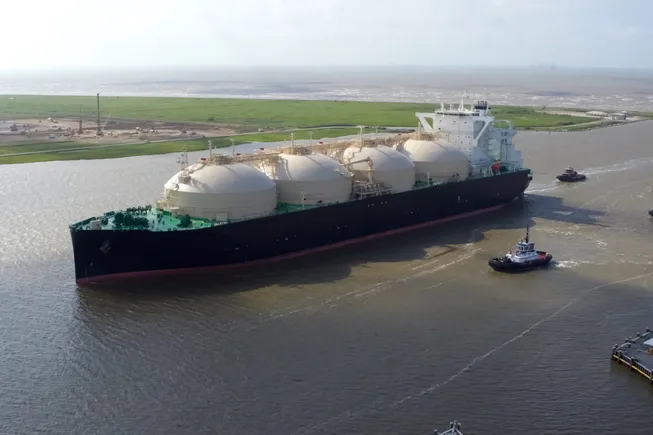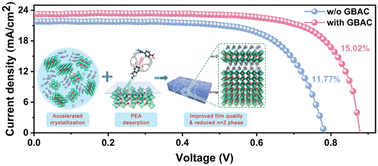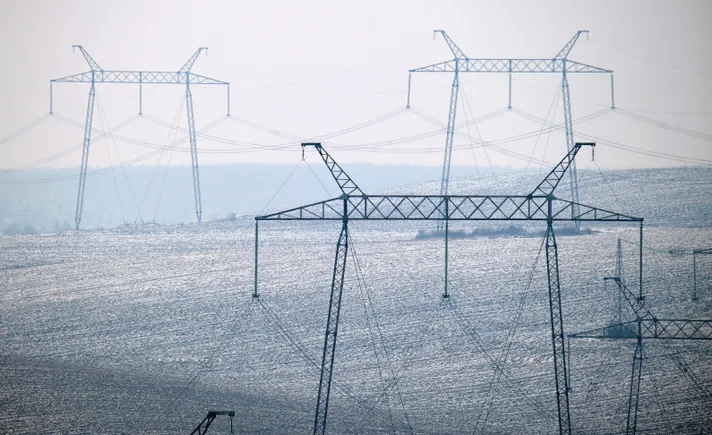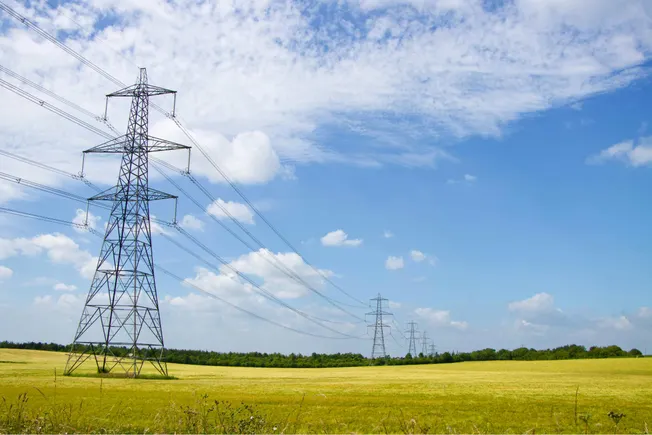The UK wine and spirits industry is having to adapt to “seismic change” following nearly a decade of reacting to successive single issues, the WSTA told an industry briefing at the London Wine Fair, as it urged the government to make a "hard commitment to economic growth".

Speaking at a briefing at the London Wine Fair, WSTA’s chief executive Miles Beale told the industry that since 2016, the industry has had to face a succession of dominant single issue: from preparing and dealing with Brexit to the impact and recovery from Covid, the review of excise duty and ensuring voice are heard by the new UK government.
“But it looks different in 2025", he pointed out, from heightened geopolitical tensions across the globe, to markets spooked by the risk of global trade wars which has undermined confidence and reduced growth forecasts, representing "a multitude of issue threating to disrupt the trade in wine at a global, regional and national level."
“The creaking global free trade model is collapsing,” he argued, and it looked like the world was “heading to a world where migration is restricted and supply chains will be shorter”. However, Beale said he didn’t share the view that the world had “fundamentally changed”, arguing that there would be more bilateral agreements signed (as seen in the recent UK-India agreement) as well as participation in trading groups.
“The international trading system is not broken but it has changed,” he said, noting that the pendulum “is still swinging and it will take time to see where it will settled.”
How will this all affect the UK?
However, the UK wine trade has traditionally been more affected by non-tariff barriers than tariff barriers, he said – the outcome of the UK-EU agreement, expected later today, may see through final reforms that will ease this, as well as disruption to the wider economy which stifle growth, reduce business and dent consumer confidence”
“If this government is serious to grow the economy, it’s time we saw hard commitment to economic growth,” he said, noted that to date there had been “an absence of actions with measurable benefits.”
The UK should join the WWG for example with no further delay and start listening to and engaging with the industry at an earlier point.
“It is time for the government to listen – it’s not us vs them, it should be all hands to the pump,” he said.
Beale said he had been “astonished” that the excise reform devised under Tory PM Rishi Sunak had been pushed through under Keir Starmer’s labour government, which had “chosen not to” avoid huge administration costs and extra red tape for the industry – and it was “cold comfort to have been proven right” over the outcome of not making the easement permanent. .
Whether it was the impending EPR scheme, deposit return schemes (DRS) or wine reforms “government needs to understand fully how their actions will impact businesses across the UK,” he said.
He argued that cost without consultation is “no recipe for economic growth” and to achieve economic growth, the present government needs “a better understanding of business” and take the time to consult
while plans are being rather than as an afterthought. Not doing so means that businesses will “slip into terminal decline”.
Scale and scope of UK industry
However, there remains much reason to be hopeful, with Beale pointing out the current scale and scope of the UK wine and spirit industry. After all, the UK remains the second largest importer of wine by volume after Germany (and indeed is “nipping at Germany’s heels”) at is also second largest importer by value after the US (“for the time being”) as well as being the largest exporter of spirits.
Last year, the UK imported over 1.25bn litres of wines (equivalent to 1.7 billion 750cl bottles), but most consumers remain completely unaware both of the “significant contribution” of the industry, which adds around £33 billion to the UK economy, he said. This includes around £8.9 billion of the GVA, and supports around 200,000 employees, but the rich history of wine importing, which dates back to the 12
th century, and the breadth of the industry involved remains largely unseen. He pointed out, for example that the UK bottles more wine in bulk than the total annual production of wine from Bordeaux (around 500 million mL of still wine shipped) which creates jobs and provides value added sales, as well as saving significant amounts of carbon, - around 25,000 tonnes in carbon emissions were saved in shipping bulk wines from Australia and New Zealand alone.
“We are economically significant but we’ve been too modest telling the stories of those businesses and promoting the economic importance to the wider economy,” he said. “There is a whole unseen infrastructure supporting the trade that most customers are blissfully unaware of."

 Speaking at a briefing at the London Wine Fair, WSTA’s chief executive Miles Beale told the industry that since 2016, the industry has had to face a succession of dominant single issue: from preparing and dealing with Brexit to the impact and recovery from Covid, the review of excise duty and ensuring voice are heard by the new UK government.
“But it looks different in 2025", he pointed out, from heightened geopolitical tensions across the globe, to markets spooked by the risk of global trade wars which has undermined confidence and reduced growth forecasts, representing "a multitude of issue threating to disrupt the trade in wine at a global, regional and national level."
“The creaking global free trade model is collapsing,” he argued, and it looked like the world was “heading to a world where migration is restricted and supply chains will be shorter”. However, Beale said he didn’t share the view that the world had “fundamentally changed”, arguing that there would be more bilateral agreements signed (as seen in the recent UK-India agreement) as well as participation in trading groups.
“The international trading system is not broken but it has changed,” he said, noting that the pendulum “is still swinging and it will take time to see where it will settled.”
Speaking at a briefing at the London Wine Fair, WSTA’s chief executive Miles Beale told the industry that since 2016, the industry has had to face a succession of dominant single issue: from preparing and dealing with Brexit to the impact and recovery from Covid, the review of excise duty and ensuring voice are heard by the new UK government.
“But it looks different in 2025", he pointed out, from heightened geopolitical tensions across the globe, to markets spooked by the risk of global trade wars which has undermined confidence and reduced growth forecasts, representing "a multitude of issue threating to disrupt the trade in wine at a global, regional and national level."
“The creaking global free trade model is collapsing,” he argued, and it looked like the world was “heading to a world where migration is restricted and supply chains will be shorter”. However, Beale said he didn’t share the view that the world had “fundamentally changed”, arguing that there would be more bilateral agreements signed (as seen in the recent UK-India agreement) as well as participation in trading groups.
“The international trading system is not broken but it has changed,” he said, noting that the pendulum “is still swinging and it will take time to see where it will settled.”































































